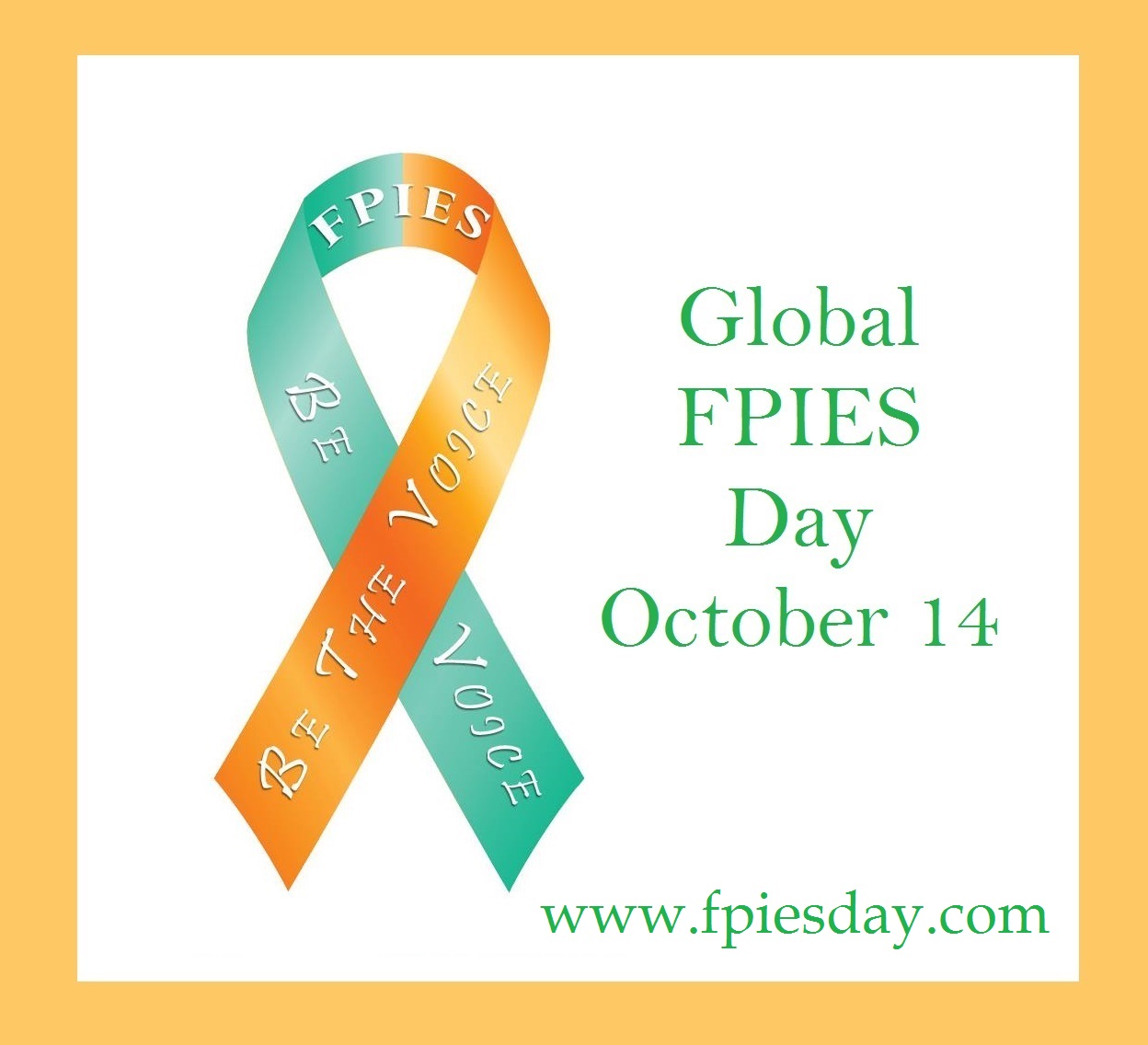Prof. Stefano Miceli Sopo works out of the Department of Pediatrics at Catholic University of the Sacred Heart in Rome, Italy. He has co-authored several studies on Food Protein Induced Enterocolitis Syndrome including:
- “Clinical management of food protein-induced enterocolitis syndrome”
- “FPIES, From Practice to Theory”
- “Food protein-induced enterocolitis syndrome (FPIES) and well cooked foods: A working hypothesis”
- “Ondansetron for Food Protein-Induced Enterocolitis Syndrome”
- “Chronic Food Protein-Induced Enterocolitis Syndrome Caused by Cow’s Milk Proteins Passed through Breast Milk”
 Prof. Stefano Miceli Sopo and his colleagues are passionate about FPIES research and the need for a Global FPIES Patient Registry. We recently had the opportunity to speak with Prof. Miceli Sopo who works with a center in Rome that follows and studies FPIES children.
Prof. Stefano Miceli Sopo and his colleagues are passionate about FPIES research and the need for a Global FPIES Patient Registry. We recently had the opportunity to speak with Prof. Miceli Sopo who works with a center in Rome that follows and studies FPIES children.
Prof. Miceli Sopo says the most surprising thing for him is that there is still very little research being done on FPIES. He says even most of the studies that are being done seem to offer only descriptions of case studies and maybe some guidelines. He says, “We read little about the search for new treatments, to better understand its pathogenesis.”
Prof. Miceli Sopo says one of the most interesting recent aspects of FPIES research has to do with the promising effects of Ondansetron, during the acute phase of FPIES. Ondansetron is an anti-vomiting medication, typically used to help chemotherapy patients. He says in twenty of his case studies Ondansetron was administered and seemed to work well.
Prof. Miceli Sopo has made it a goal to create an FPIES registry in Italy and says there is a great need for a Global Registry, like the FPIES Foundation Global Registry. He says, “It would be a really good thing” to have a central platform that was functional and affordable to provide information to pediatric allergy centers around the world. He says a global registry would help doctors get on the same page when it comes to diagnosing FPIES. Prof. Miceli Sopo says, “I believe there may be some differences. We believe that we need a greater unanimity of behaviors. The registry will serve to highlight the differences; we will try to eliminate them.”
Prof. Miceli Sopo says hopefully a registry can also shed some light of what appears to be a spectrum of FPIES patients who suffer from varying degrees of the condition. He says, “Just through the registry maybe we can see if there is a phenotype that tolerates small amounts of food, maybe processed in some way, and those who vomit after eating only a few milligrams of the food culprit.”
Research of course takes time so Prof. Miceli Sopo says until we have more answers patients should keep an open dialogue with their doctors. He says if there is any suspicion of FPIES he suggests eliminating the food, even if the suspicion is weak, and to carry out an Oral Food Challenge soon as possible. Prof. Miceli Sopo says, “We have heard stories of children, who had 6-8 acute episodes before arriving at the diagnosis, it does not seem right.”
If you interested in learning more about the Italian FPIES registry write to stefano.micelisopo@gmail.com
To join the FPIES Foundation Global Patient Registry follow this link. If you’ve already joined you can instantly see survey and data results by clicking “View Data” here.
This interview conducted and article written by Victoria Warren. Victoria is a television news reporter for the NBC affiliate in Boston, WHDH-TV. Victoria is a parent volunteer with The FPIES Foundation Volunteer Advisory Board. Follow Victoria on twitter @VWarrenon7.



